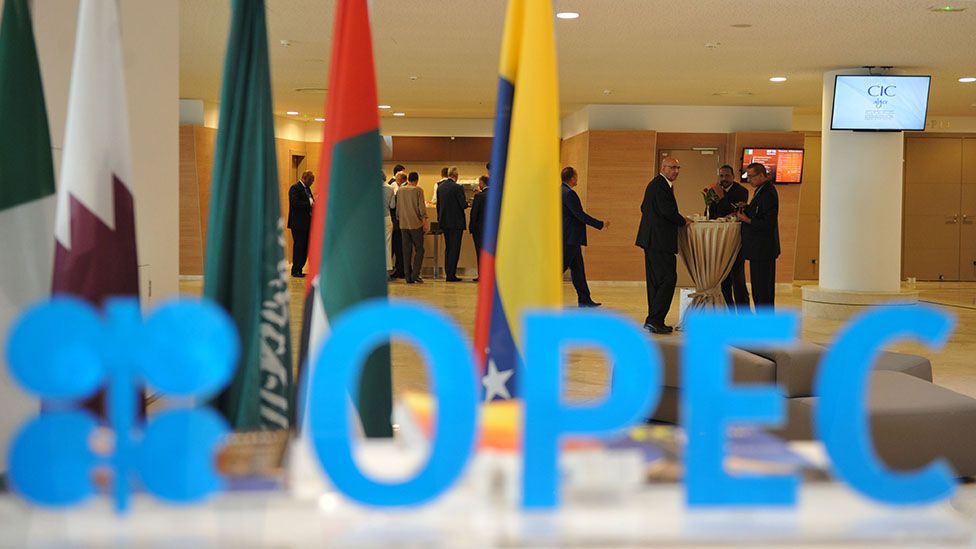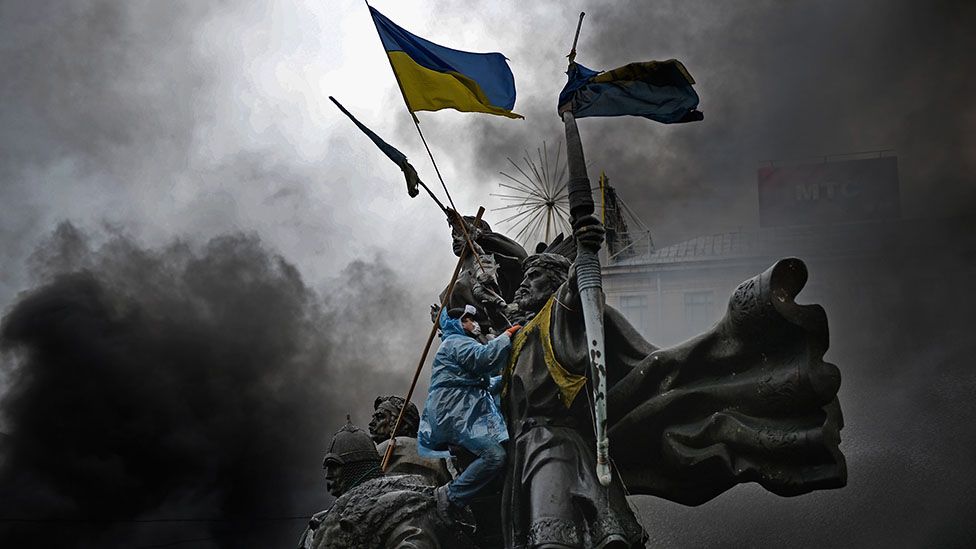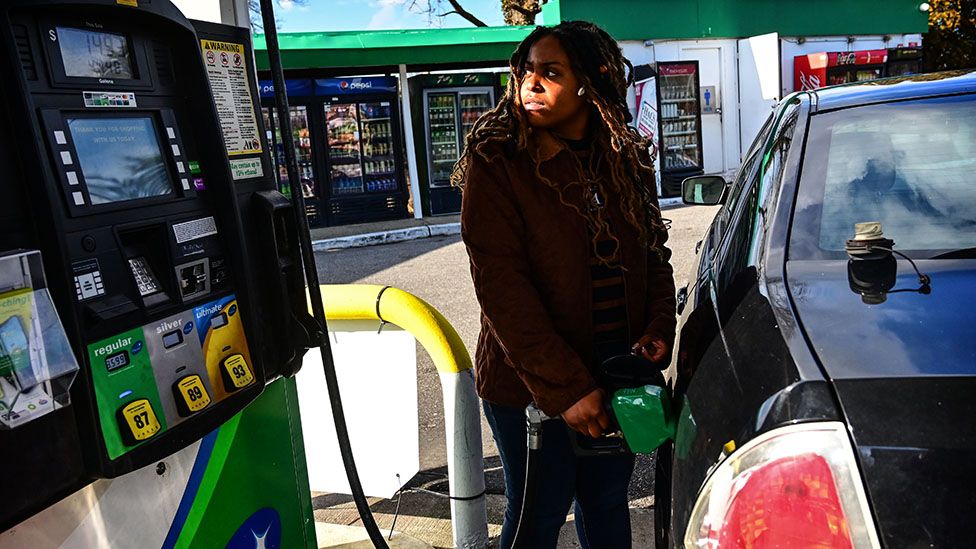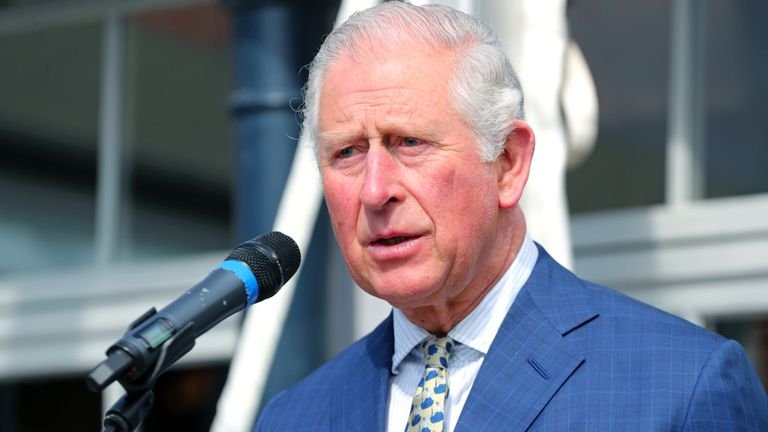The Organization of the Petroleum Exporting Countries (OPEC) and its allies, led by Russia, known as OPEC+, will not be turning on the taps.
This decision was taken despite oil prices surging to seven-year high. The powerful cartel of oil-producing countries say they will only increase their output by a modest amount.
The 23-country-strong cartel will add 400,000 barrels of oil per-day to the market from April.
The group is sticking firmly to an agreement signed by its members in 2021 – to continue gradual restoration of output that was halted during the pandemic. Many countries produced fewer barrels of oil during the pandemic as demand dropped sharply during lockdowns.
However, following Russia’s invasion of Ukraine the global benchmark contract for oil, Brent crude, has surged $113 a barrel, driven by anxiety over tighter supply.
OPEC+ released a statement attributing the recent rise in prices to market volatility caused by “current geopolitical tensions” and stated that there was no shortage of supplies in the market.
Separately, members of the International Energy Agency (IEA) have also agreed to release more oil on to the market – 60 million barrels – from their strategic petroleum reserves.
Half of that volume is expected to come from the United States. But the emergency move did little to reassure stock and commodity markets with oil prices rising immediately after the decision was announced.

What will happen to prices?
Energy market experts believe oil prices will remain high in the near-term.
Markets are likely to remain volatile because major oil and gas companies, including BP and Shell, have announced plans to exit Russian operations and joint ventures.
According to reports, customers of Russian oil are already facing difficulty over payments and shipping after the West’s sanctions were imposed, blocking some Russian banks from global payment systems.
“In the short run, we are looking at a pretty serious run-up in prices. All this uncertainty about Russia, the potential threat of physical disruptions is making the markets nervous” says Ben Cahill, a senior fellow at the Centre for Strategic and International Studies in Washington.
Traders suggest oil exporters have been offering Russia’s highest-quality oil at a discount over the last few days but found few buyers.
Russia is the world’s third largest producer of oil, behind the United States and Saudi Arabia. It accounts for 8-10% of global oil supply. Europe relies on Russia for nearly 40% of its natural gas. So, given Russia’s crucial position in the global energy market, the US and European Union have, so far, stopped short of imposing sanctions on Russia’s oil and gas industries.

Why are oil-producing countries reluctant to sell more?
Analysts say the group’s decision to stick to its timetable – a gradual increase in production – has not come as a surprise, given its previous reluctance to deviate from steadily ramping-up output.
Key members of Opec+ may fear that adding more supplies to the market at this stage could lead to an oversupply later in the year. A glut would bring down prices sharply.
Energy experts believe that from the cartel’s point of view little has changed yet in terms of physical supply on the market. And that prices have risen in direct response to uncertainty over the invasion.
However, there have been some noticeable changes, buyers reluctant to purchase from Russia, for instance, are now switching to similar grades of Middle Eastern oil.
“Opec+ has always based its decisions on what the current data is showing them, rather than what the data will look like in the future due to geopolitical factors” says Ahmed Mehdi, Analyst, Renaissance Energy Advisors, an energy research house.
There may also be another reason Opec+ members are holding back. Negotiations to revive the 2015 Iran nuclear deal are widely expected to come to a head in March. If sanctions on oil-producer, Iran, are eased, then it could unlock Iranian oil exports.
Mr Cahill believes that the deal could put the brakes on the oil rally, and bring down prices.
“The Iran deal is the wildcard: it could break the price momentum” he says.

US president Joe Biden’s administration, alarmed by rising fuel prices, has been putting pressure on key Opec member states, such as Saudi Arabia and the United Arab Emirates (UAE), to turn on the taps, with little success.
Russian President Vladimir Putin has also been in touch. During a call with Abu Dhabi Crown Prince Sheikh Mohammed bin Zayed al-Nahyan it is thought the two leaders discussed the Opec+ deal and pledged to continue coordination on global energy markets.
The response to the Ukraine conflict from the Gulf States has, so far, been muted.
Last week, the UAE, a close ally of the US in the region, abstained during the vote on a draft United Nations Security Council resolution condemning Moscow’s actions. Analysts suggest Saudi Arabia and the UAE may be taking a more neutral stance to preserve co-operation with Russia on geopolitical and energy issues.











